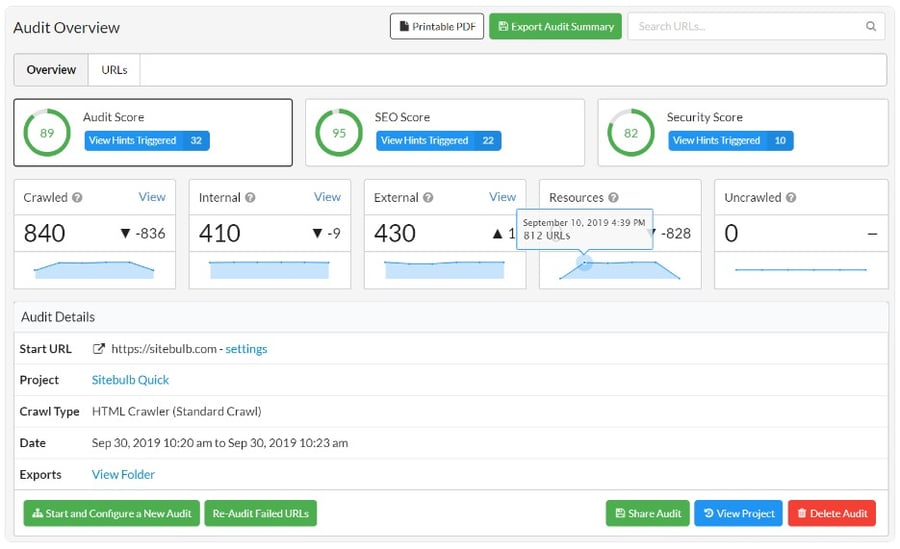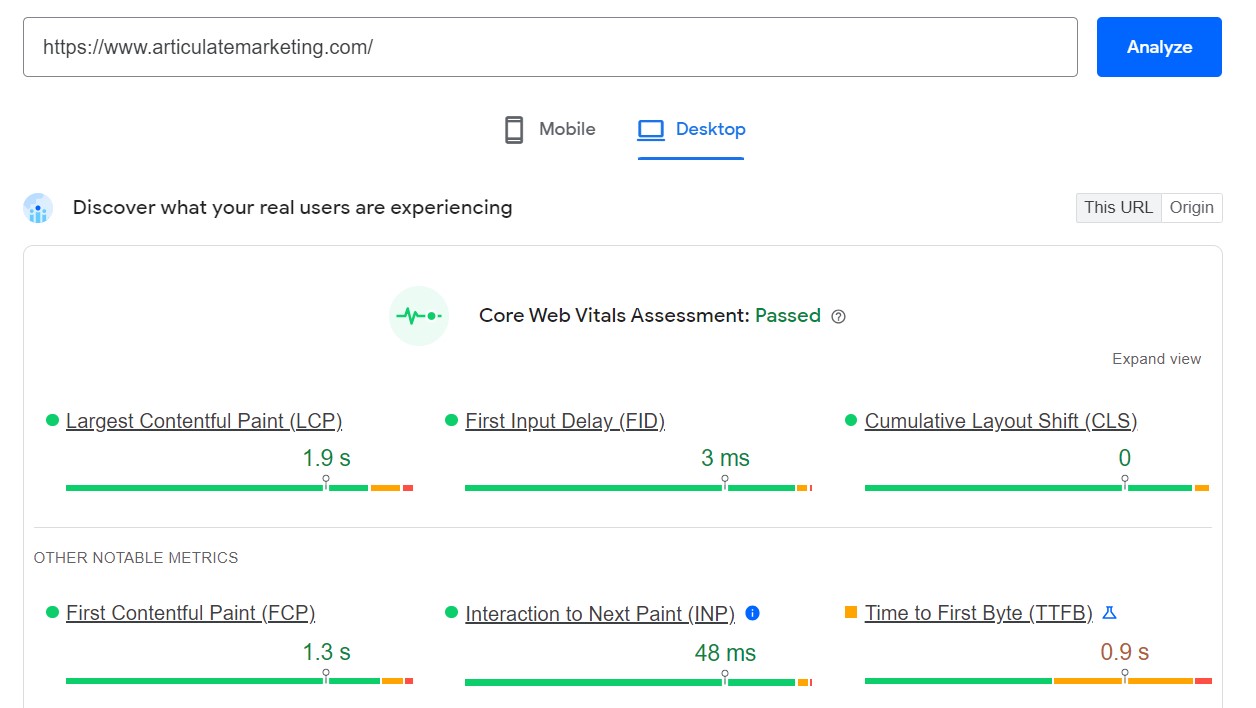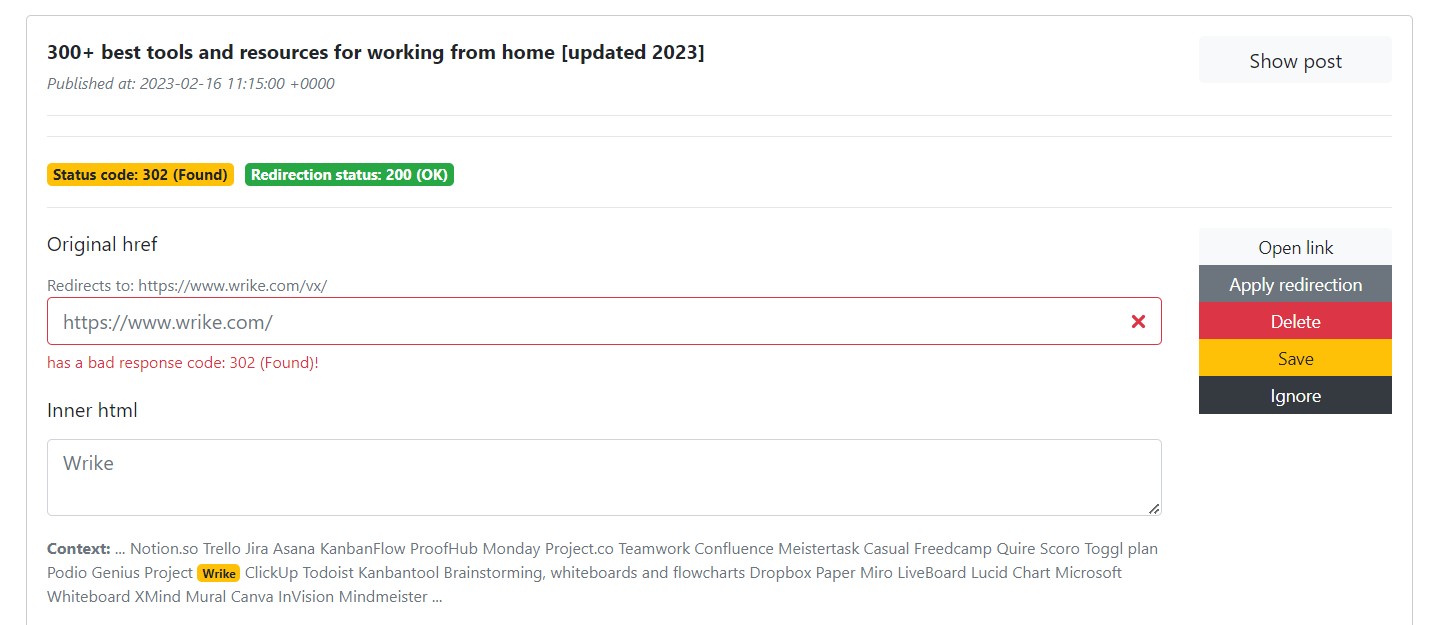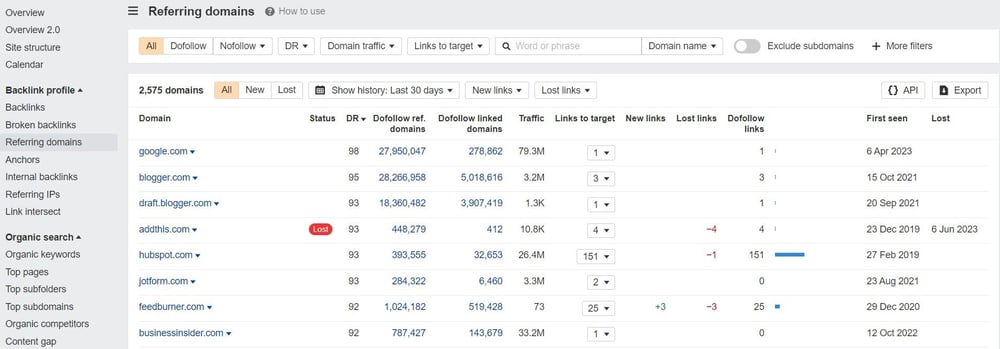Technical SEO audits can take forever. They’re like the matrix of search engine optimisation. Once you peer into the data, you have no choice but to descend down that rabbit hole. If you don’t know what you’re looking for, you could be lost forever.
As a growing agency with multiple clients on our roster, it’s our job as marketers to dissect, distil and contextualise a website as efficiently as possible. These are some of the things we consider when we conduct an audit:
- Crawl depth
- Internal and external linking
- Status codes
- txt
- Follow vs. no follow
- URLs
- Indexability
- On-page factors
- Security
So, here’s how to perform a technical SEO audit in just one hour. As this content is based on one of our gated offers, you can download the original text as a PDF using this form:
First, build your toolkit
Time: 15 minutes
In the words of Liam Neeson, a technical SEO audit requires ‘a very particular set of skills’.
Sitebulb
When we audit a website, our main tool is Sitebulb. It’s an award-winning SEO platform that delivers insights into a website’s performance. You can pay on a per month per license and it’s fairly cheap, so you get a good return on investment — and data.

PageSpeed Insights
Next, we use Google PageSpeed Insights for mobile and desktop page speed scores. It’s fast, reliable (because it’s a Google tool) and it gives our developers the necessary information they need to begin optimising.

Fizz+Ginger
For on-page SEO factors, we use our own in-house tool, Fizz+Ginger (formerly known as HubToolKit). We’re HubSpot advocates, and we built a tool to help us (and others) quickly fix on-page SEO factors like meta descriptions, image compressions and broken links from one place, without having to jump from blog to blog.

Ahrefs
The final technical SEO tool we use is Ahrefs. When it comes to technical audits, we use this tool to gauge a website’s domain authority, backlink profile and referring domains.

If you’re efficient, it should take you no longer than 15 minutes to download, install and begin using this toolkit.
Next, run your audits
Time: 15 minutes
Now that you have a toolkit in place, it’s time to begin conducting audits. Quite simply: we take the domain in question, run it through our toolkit, and we see what comes out.
Our Sitebulb audit is our bible – it gives us everything we need to know about how a site is put together. We use the other tools to build a more in-depth picture. If there are multiple broken links across a blog, for example, Fizz+Ginger or Ahrefs will show that information. If our website is slow to load, Google PageSpeed has the answers.
The tools we’ve named above do have some overlapping features, but that’s no bad thing. It allows us to cross-check data and ensure that the results are reliable. If, for example, our Sitebulb audit tells us that a site has multiple 404 errors, we can go into Ahrefs’ Site Audit tool and run an audit there to see if this is accurate.
Finally, contextualise your data
Time: 30 minutes
Data by itself is meaningless, and to be honest, anyone can download these tools, run a domain through them and look at the data. It’s not rocket science.
The reason why this is important, however, is because it takes someone with a little know-how to understand what this data means and how it fits into the bigger picture.
The most important thing you can do is dedicate time to understanding context.
What’s causing so many broken links in a blog? And what’s the solution to this problem? If the homepage has a crawl depth of four, why is this bad for SEO and how can it be improved? Why do meta descriptions need to be under a certain number of characters long, and where should the keyword go when writing them?
Your data tells an encrypted story, it’s an experienced marketer’s job to decrypt it.
We’ll confess, technical SEO audits take us more than an hour...
Okay fine, we’ll come clean. Technical SEO audits almost always take longer than one hour when we do them for our clients. That’s because, as a marketing agency, we spend our time cross-examining data points and working out what that data actually means for our clients, then putting that information to action items.
Sure, we can gather all the data we need in about 30 minutes. But, ideally, we want to sit with that data and think about it to make sure the context correlates with a client’s long-term goals. We have to prioritise which issues are more important, too. Do we spend budget on fixing on-page SEO factors, or do we dedicate it to improving site speed?
The truth is: time is underrated and undervalued.
Adding value isn’t about delivering results as quickly as possible, it’s about delivering results that mean something. Yes, a technical SEO audit can be completed in one hour. But, for it to be completed well, you should put some thinking time aside, because it’s this time that helps you tell a better story and come up with the best out-of-the-box ideas.
